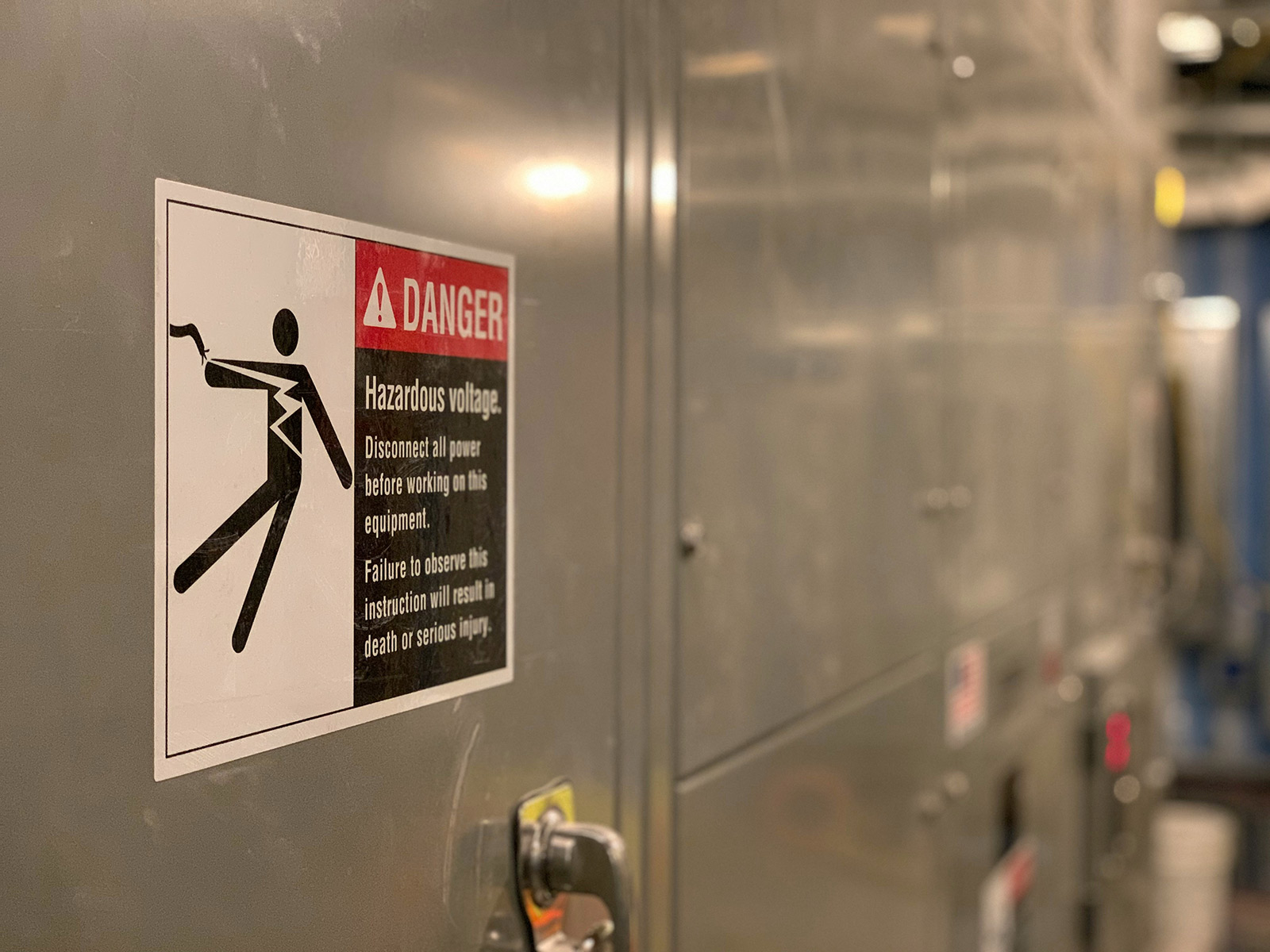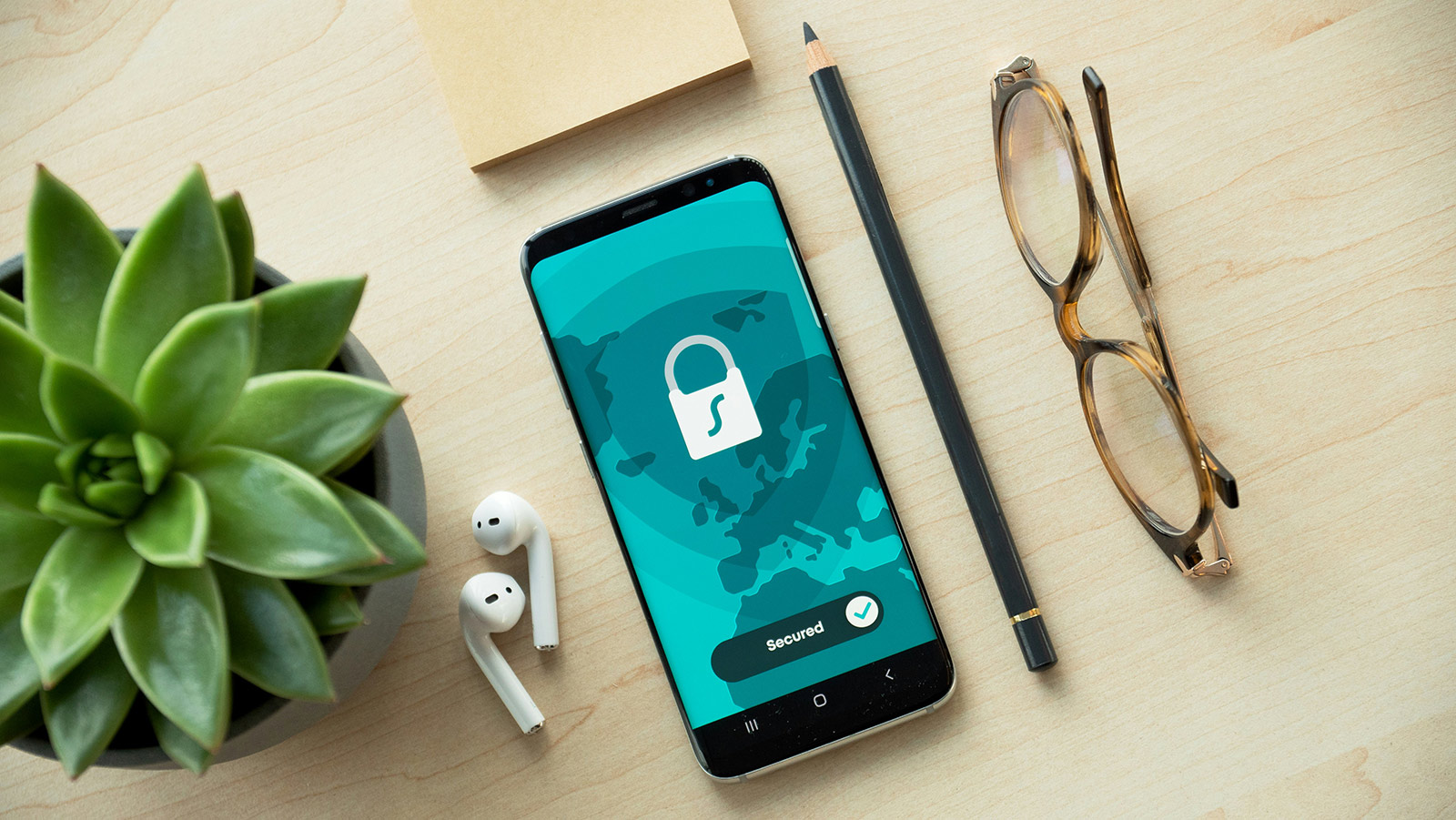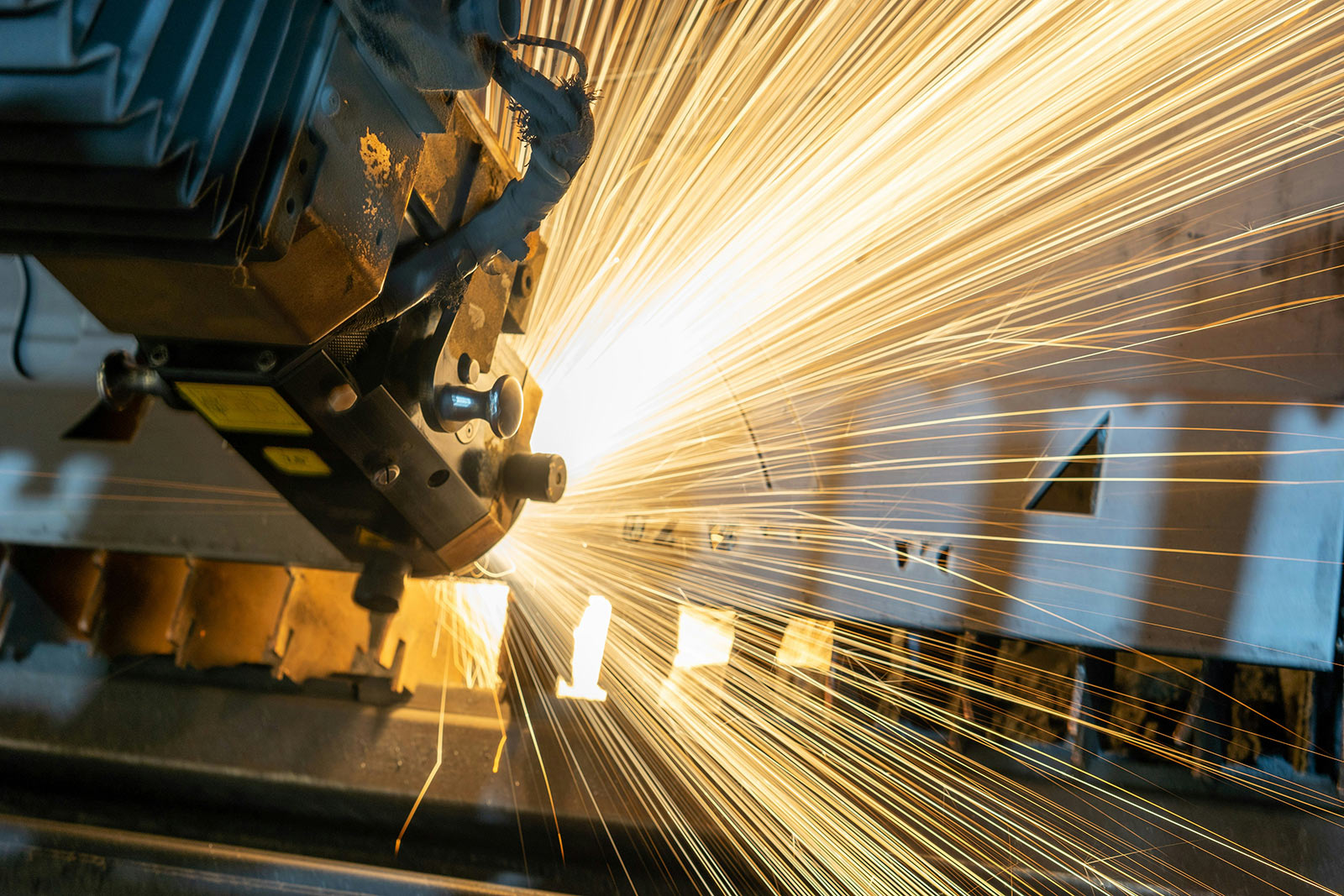High hazard medium-sized businesses face unique risks and challenges that require specialised insurance coverage. These businesses operate in industries where accidents and other unexpected events are more likely to occur, making it essential to have insurance coverage that can protect against financial loss.
When choosing insurance coverage for your high hazard medium-sized business, it’s essential to understand your options. Here are some of the most common types of insurance coverage for high hazard medium-sized businesses.
General Liability Insurance
General liability insurance protects your business against legal liability resulting from injury or property damage caused by your business operations. This type of insurance can cover legal defence fees and damages if your business is found liable for an accident.
Property Insurance
Property insurance covers damage or loss to your business property, including buildings, equipment, and inventory. This type of insurance can protect your business against losses resulting from fire, theft, or other unexpected events.
Workers’ Compensation Insurance
Workers’ compensation insurance provides coverage for medical expenses, lost wages, and other expenses related to employee injuries or illnesses that occur on the job. This type of insurance is required in most states for businesses with employees.
Business Interruption Insurance
Business interruption insurance provides coverage for lost income and expenses incurred by a business that has been forced to close its doors due to a covered event, such as a natural disaster, fire, or other unforeseen circumstances. This type of insurance can protect your business from financial losses resulting from an unexpected interruption.
Professional Liability Insurance
Professional liability insurance, also known as errors and omissions (E&O) insurance, protects your business against legal liability resulting from professional errors or omissions. This type of insurance is particularly important for businesses that provide professional services, such as medical practices or consulting firms.
Cyber Insurance
Cyber insurance provides coverage for losses resulting from cyber attacks, data breaches, and other cyber threats. This type of insurance can cover the cost of notifying customers, credit monitoring services, and legal fees resulting from a cyber attack.
In conclusion, high hazard medium-sized businesses need specialised insurance coverage to protect against financial loss resulting from unexpected events. When choosing insurance coverage for your business, it’s essential to understand your options and select coverage that meets your business’s unique needs. By investing in insurance coverage, you can have peace of mind that your business is protected and prepared for any unexpected event that may occur.




